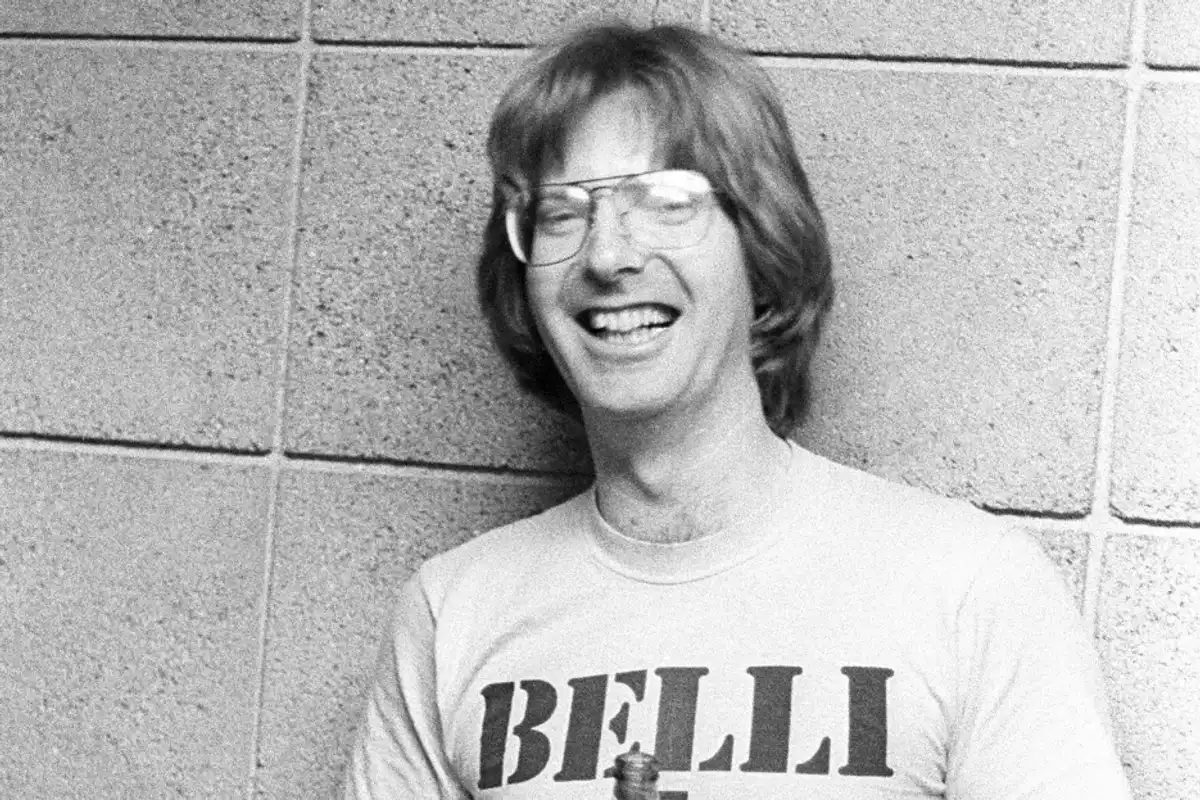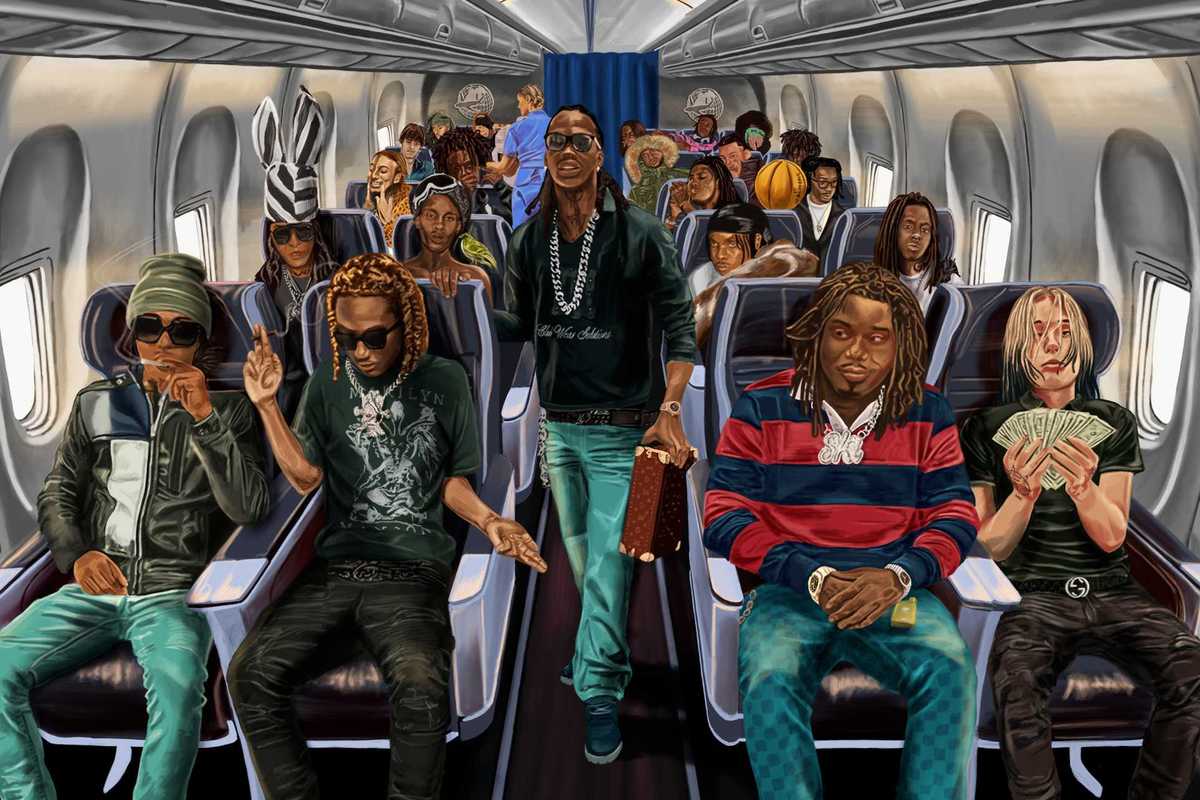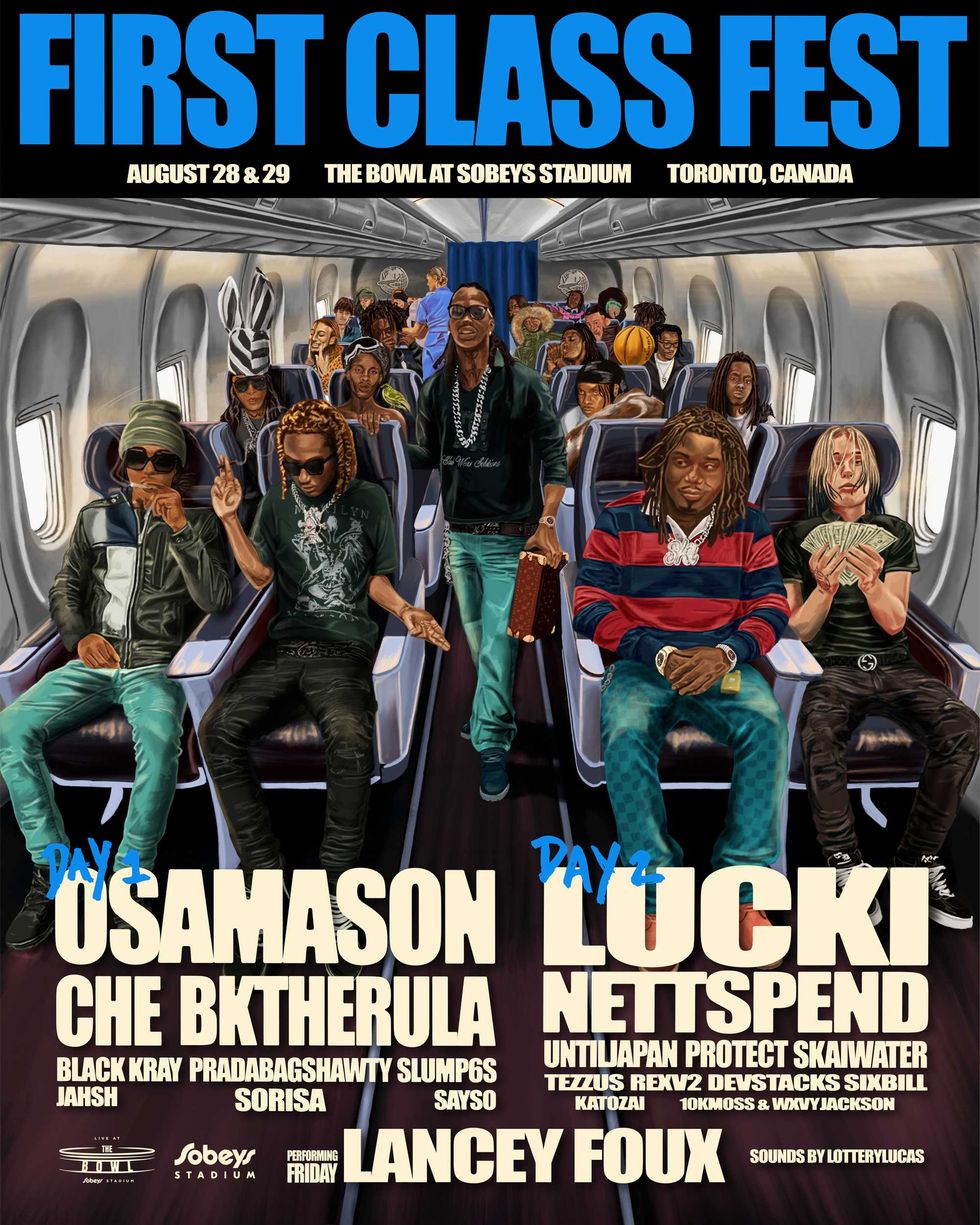Phil Lesh, Grateful Dead Bassist, Dead at 84
"Phil brought immense joy to everyone around him and leaves behind a legacy of music and love," a statement announcing his death reads.

Phil Lesh of The Grateful Dead poses backstage at Robertson Gym on Feb. 27, 1977 at U.C Santa Barbara.
Phil Lesh, founding member and longtime bassist for legendary rock outfit the Grateful Dead, died on Friday (Oct. 25). He was 84 years old.
The news was announced on social media, with a statement that read, “Phil Lesh, bassist and founding member of the Grateful Dead, passed peacefully this morning. He was surrounded by his family and full of love. Phil brought immense joy to everyone around him and leaves behind a legacy of music and love. We request that you respect the Lesh family’s privacy at this time.” No cause of death was given at the time of publication.
As one of the co-founders and longest-tenured members of the Grateful Dead, Lesh was an essential part of a group that became synonymous with touring and live performance in rock music. With their singular instrumental interplay, their trademark iconography, their strong sense of community and their association with the hippie lifestyle, they became the forefathers of the jam band movement — with a fanbase of “Deadheads” as singularly devoted as any other band of the 20th century, enduring well into the new millennium.
Born in Berkeley, California in 1940, Lesh grew up as a trumpet player and appreciator of avant-garde classical and free jazz. After short-lived studies at a variety of music schools, he met bluegrass banjo player Jerry Garcia in 1962 and was persuaded to join Garcia’s new rock band, The Warlocks, as their bassist — despite never playing the instrument before. The band, which also included Bob Weir as co-singer/guitarist with Garcia, Bill Kreutzmann as drummer and Ron “Pigpen” McKernan as keyboardist, was renamed Grateful Dead in 1965, after a phrase Garcia found in the dictionary.
Once he became proficient in the bass, Lesh’s playing style became heavily influenced by his musical interests in jazz and classical, giving his sound a melodic and improvisational quality rarely heard from the four-string in rock before. He came to be considered one of the instrumental innovators of his era, and his playing became as critical to (and identifiable within) the Grateful Dead’s sound as the group’s lead guitar.
By the end of the ’60s, the Dead had become one of the leading lights of the psych-rock movement coming out of San Francisco, known for their gentle, folk-influenced jams, their sprawling, blissed-out live shows, and their affinity for psychedelic drugs like DMT and LSD. (“We found that while high we were able to go very far out musically but still come back to some kind of recognizable space or song structure,” Lesh wrote in his 2006 autobiography Searching For the Sound. “I knew instantly that this combination — acid and music — was the tool I’d been looking for.”)
Lesh was not a principal singer or songwriter in the band, but his tenor often contributed to the group’s three-part harmonies, and he did write and sing a handful of original Dead songs. The best-remembered of those was probably “Box of Rain,” opening track to their classic 1970 album American Beauty — co-penned with lyricist Robert Hunter about Lesh’s then-dying father — which ended up being the last song played at the group’s final concert with Garcia in 1995.
While the group sold steadily throughout the ’60s and ’70s — six of the group’s ’70s LPs reached the top 30 of the Billboard 200, with 1970’s Workingman’s Dead and American Beauty and 1972’s live triple album all being certified Platinum by the RIAA — they were a less-regular presence on the Billboard Hot 100, where they charted just four entries in their first decade, and none higher than the No. 64-peaking “Truckin'” in 1971. But the group’s live reputation kept them an essential part of the rock fabric well into the ’80s, and in 1987 they scored their lone pop hit with the catchy top 10 smash “Touch of Grey” — which along with its popular music video, featuring the band performing as skeletons, introduced them to a new generation of fans.
However in the late ’80s Garcia’s health began to falter, and in 1995 he passed away, with the band deciding to disband shortly after. Following the group’s dissolution, Lesh continued playing with offshoot The Other Ones (with original member Bob Weir, longtime percussionist Mickey Hart and keyboardist Bruce Hornsby), which gradually expanded its lineup to include more former Grateful Dead members and rebranded as The Dead in 2003. In addition, Lesh started Phil Lesh and Friends in 1999, with a rotating live and recording cast reinterpreting old songs by the Grateful Dead and some of their peers, and a decade later he created Furthur, another jam band co-founded with Weir.
Despite remaining busy with these Grateful Dead offshoots — as well as a handfull of 50th anniversary stadium shows put on by the band’s surviving members as the Fare Thee Well celebration — Lesh largely refrained from writing or recording any original songs in later years, preferring to keep the focus on his live show. “What’s the point?” he remarked to Billboard in 2012. “Nobody makes money on recordings anymore — at least the likes of us don’t. And the longer I’m in music the less time I like the idea of freezing music in amber so that it’s the same every time you play it back. I want it to be different every time, so I’m just not into recording, particularly.”
In 2017, Bass Player magazine ranked Lesh as the 57th greatest bassist of all time. “More an improvising composer than mere bassist, Lesh elevated the Grateful Dead from hippie jam band to an artistic ensemble capable of reaching heights of interactive ecstasy,” the magazine wrote. “Balancing roots with bouncy, offbeat upper-register figures, he could spin long motivic statements sometimes lasting over a minute, often steering the band into daring new harmonic territory.”
Grateful Dead will be honored as the 2025 MusiCares Persons of the Year. The 34th annual Persons of the Year benefit gala will be held at the Los Angeles Convention Center on Friday, Jan. 31, 2025, two nights before the 67th annual Grammy Awards at Crypto.com Arena.


















